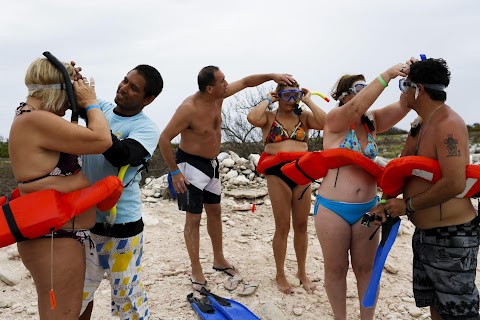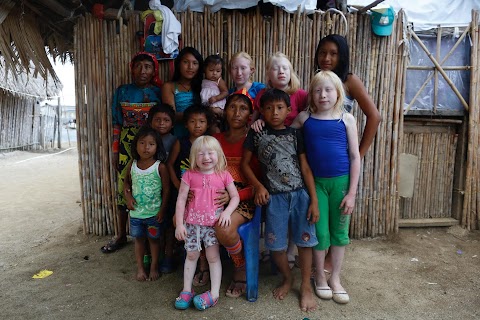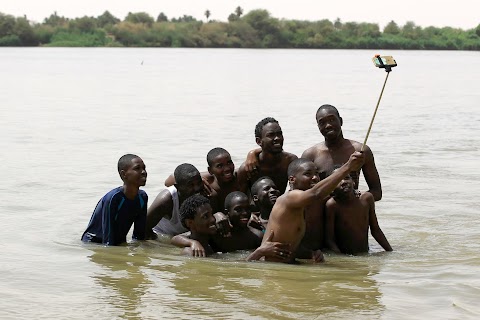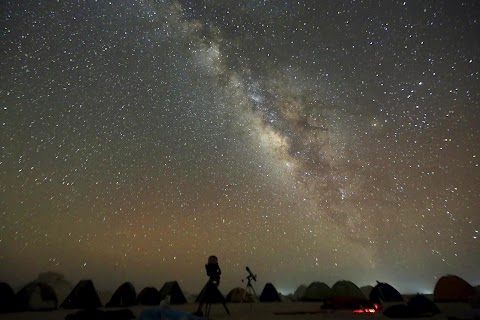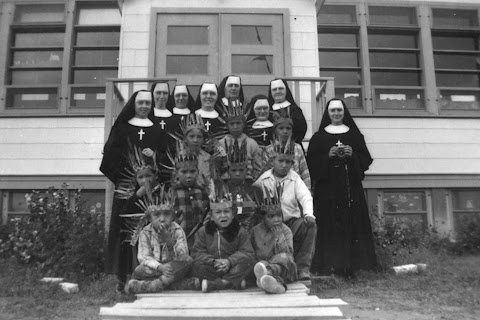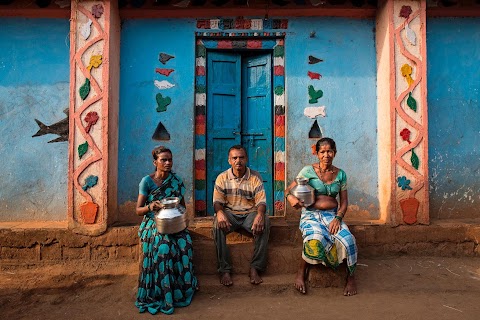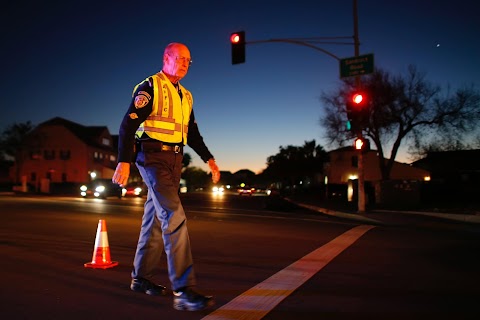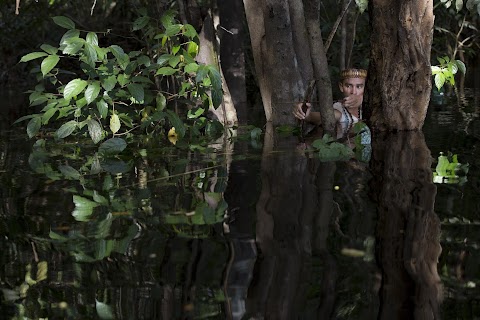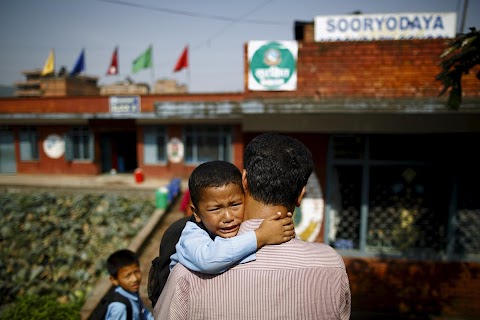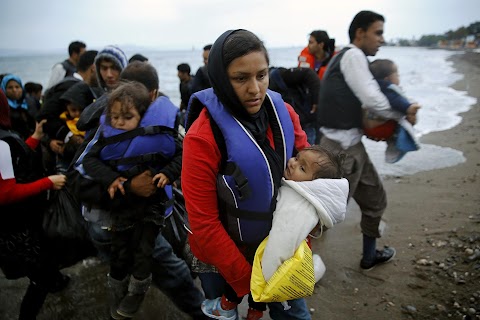
Big game hunting
Workers prepare animal skins in front of animal trophies at the taxidermy studio in Pretoria. Africa's big game hunting industry helps protect endangered species, according to its advocates. Opponents say it threatens wildlife.
Now a mooted change in regulations in the United States could affect the number of foreigners who come to Africa to hunt big game, damaging the industry and possibly hurting wildlife.

Story
Safari hunting fans are worried by a United States proposal to list lions as a threatened species and set up a system of permits for importing trophies from lion hunts.
The move by the U.S. Fish and Wildlife Service follows several reports warning that the African lion population has dropped sharply.
Hunting advocates agree with animal welfare groups that lions are threatened by poaching, human encroachment on their habitat and a reduction in the number of animals they feed on.
But both sides disagree on the way forward.

Story
Opponents of lion hunting say it only makes a bleak picture worse and argue for an ethical approach to rebuilding the species population. Some say hunting should be banned on principle.
Americans make up the bulk of non-African hunters: 15,000 go to the continent on hunting safaris each year, says John Jackson, and the vast majority want to take trophies of their kills home.
Jackson is president of Conservation Force, a lobby group that says regulated lion hunting helps protect the animal by giving reserve owners a financial incentive to deter poachers and cultivate stock.
Right now, eleven African countries issue lion hunting permits. Of them South Africa's hunting industry is the biggest, worth $675 million, according to the Professional Hunters Association.
Hunting advocates and opponents are lobbying the U.S. Fish and Wildlife Service ahead of its expected final ruling this year.









